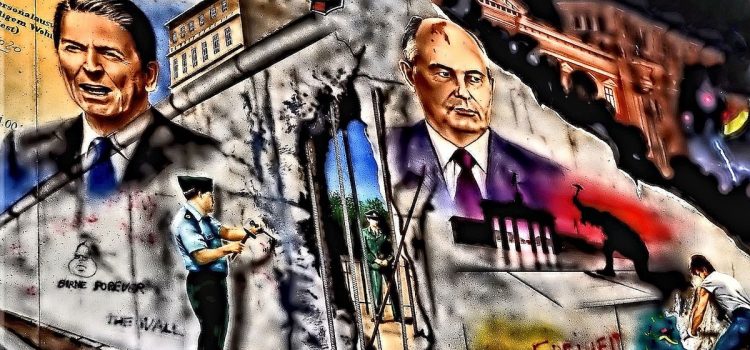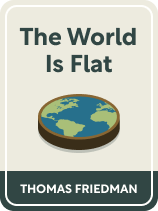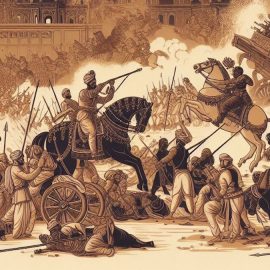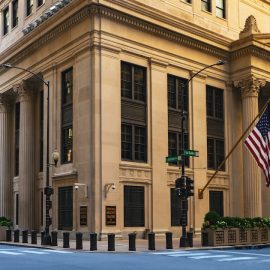

This article is an excerpt from the Shortform book guide to "The World Is Flat" by Thomas L. Friedman. Shortform has the world's best summaries and analyses of books you should be reading.
Like this article? Sign up for a free trial here.
How did globalization come about? What role did the fall of the Berlin Wall play in this seismic shift?
In the 21st Century, we live in a globalized world. While the groundwork was laid for centuries, the fall of the Berlin Wall on November 9, 1989, was a catalyst. Thomas L. Friedman discusses this shift in The World Is Flat, and Milton Friedman predicted elements of this change decades earlier.
Continue reading to learn the importance of the fall of the Berlin Wall in the context of globalization.
The Importance of the Fall of the Berlin Wall
According to Thomas Friedman, the political change that initiated the process of globalization was the fall of the Berlin Wall on November 9, 1989. This event marked the end of the Cold War, a victory of capitalism and free markets over communism and government-run economies. This then encouraged the rest of the world to also adopt free-market strategies. Within a decade, countries like India, China, and Brazil moved away from centralized economies, adopted more democratic systems, and joined the global marketplace.
The importance of the fall of the Berlin Wall is illustrated by the flourishing of globalization as more governments embraced a free market in the years since. Nations were no longer divided between Eastern and Western philosophies, and they began to trade goods, services, and information more freely. As countries learned to work together effectively, businesses adopted common practices and hired globally, and people traveled around the world, absorbed new cultures, and learned new languages.
| The Importance of Economic Freedom Thomas Friedman argues that the Cold War was a struggle between capitalism and communism, between free markets and centralized economies. To get a better understanding of this dichotomy, we can look to a work by another Friedman: Milton Friedman’s 1962 economic treatise Capitalism and Freedom. Milton Friedman argues that democracy and free market capitalism go hand-in-hand because economic freedom is an essential component of a free society. When people have the ability to engage in a free market, to buy and sell products as they choose, they have more power in their day-to-day life. Though written decades before the world became flat, Capitalism and Freedom predicted the democratizing effects of capitalism that came at the turn of the century. To take full advantage of free markets after the Cold War, governments loosened economic regulations, which in turn gave more freedom to their citizens. For example, India’s deregulation of trade and other industries in the 1990s led to a period of economic growth, and many people have been lifted out of poverty as a result. |
Globalization Helps Alleviate Poverty
Thomas Friedman mentions that the flat world gave power to billions of people, making globalization one of the best ways to lift people out of poverty. Here are a few ways globalization helps people in underdeveloped countries:
- By letting people sell in the markets of developed countries: When people can sell their products to consumer-rich populations, they will make a lot more money.
- By creating jobs: As more money comes in, jobs in manufacturing, exporting, and other industries become available.
- By increasing skills and knowledge: When a country opens up to trade, people will gain the skills and knowledge to thrive in a global economy.

———End of Preview———
Like what you just read? Read the rest of the world's best book summary and analysis of Thomas L. Friedman's "The World Is Flat" at Shortform.
Here's what you'll find in our full The World Is Flat summary:
- How the world is becoming one globalized society
- The potential costs and benefits of a flatter world
- How you can best contribute to a globalized society






